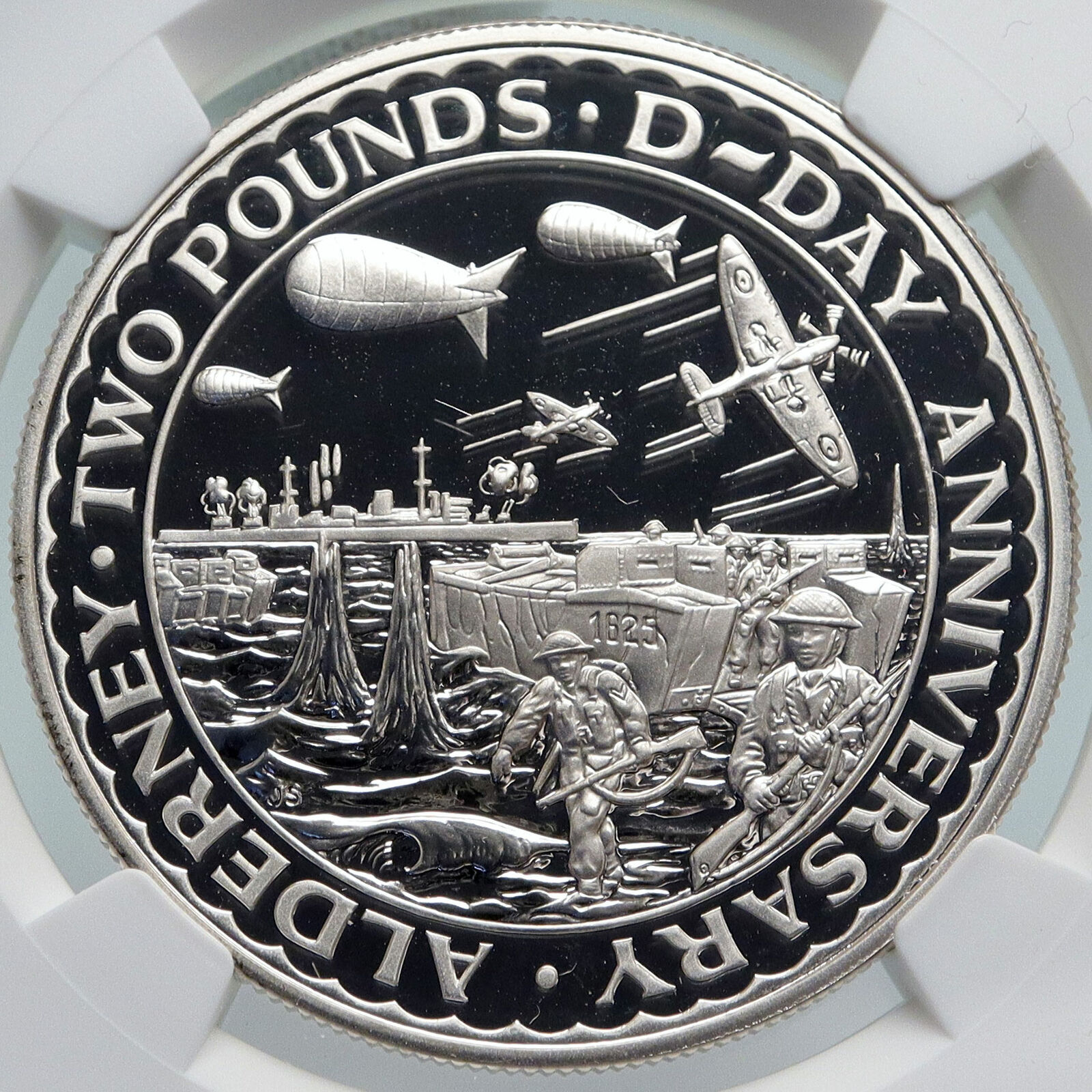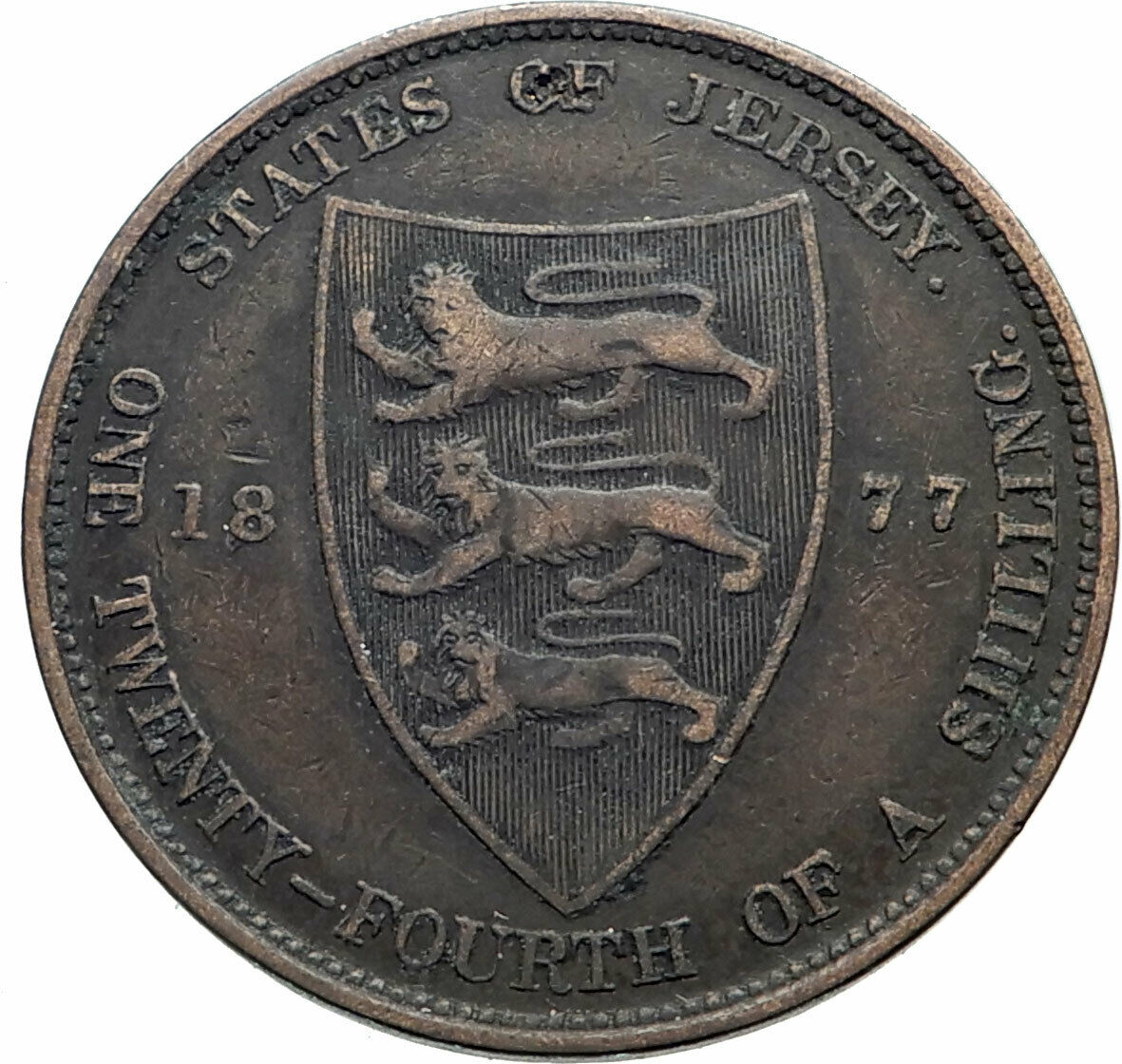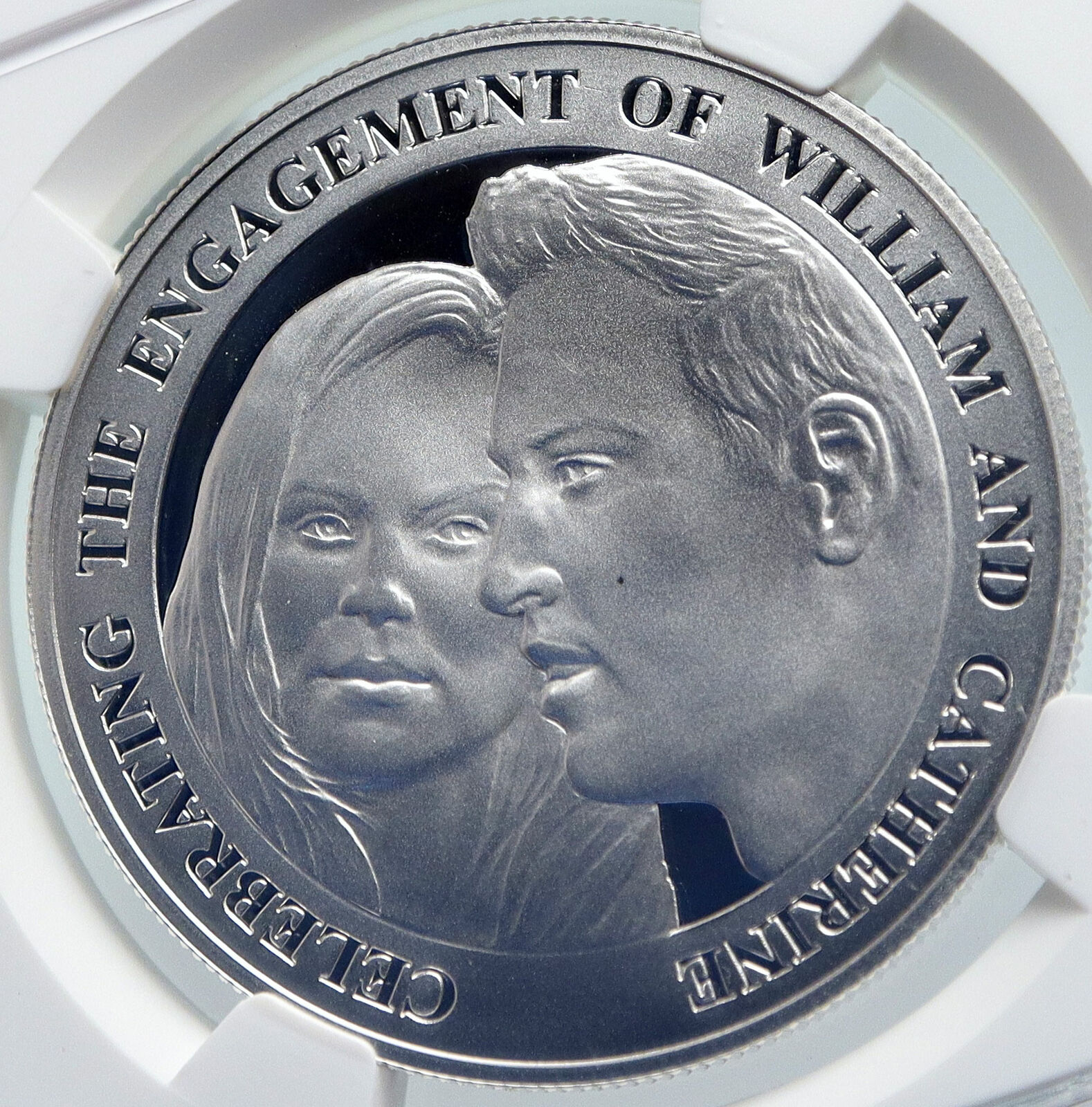|
Isle of Man under Queen Elizabeth II (1952- present)
Christmas
1984 Proof Silver 50 Pence 30mm (15.50 grams) 0.925 Silver (0.461 oz. ASW)
Reference: KM# 71a Engraver: Arnold Machin
Certification: NGC PF 66 ULTRA CAMEO 2863147-001
ISLE OF MAN ELIZABETH II PM 1980, Queen Elizabeth II facing right.
CHRISTMAS D 50, Carriage pulled by horses, ship in background.
You are bidding on the exact item pictured, provided with a Certificate of Authenticity and Lifetime Guarantee of Authenticity.
 Elizabeth II (Elizabeth Alexandra Mary; born 21 April 1926) is, and has been since her accession in 1952, Queen of the United Kingdom, Canada, Australia, and New Zealand, and Head of the Commonwealth. She is also Queen of 12 countries that have become independent since her accession: Jamaica, Barbados, the Bahamas, Grenada, Papua New Guinea, Solomon Islands, Tuvalu, Saint Lucia, Saint Vincent and the Grenadines, Belize, Antigua and Barbuda, and Saint Kitts and Nevis. Elizabeth II (Elizabeth Alexandra Mary; born 21 April 1926) is, and has been since her accession in 1952, Queen of the United Kingdom, Canada, Australia, and New Zealand, and Head of the Commonwealth. She is also Queen of 12 countries that have become independent since her accession: Jamaica, Barbados, the Bahamas, Grenada, Papua New Guinea, Solomon Islands, Tuvalu, Saint Lucia, Saint Vincent and the Grenadines, Belize, Antigua and Barbuda, and Saint Kitts and Nevis.
Elizabeth was born in London to the Duke and Duchess of York, later King George VI and Queen Elizabeth, and was the elder of their two daughters. She was educated privately at home. Her father acceded to the throne on the abdication of his brother Edward VIII in 1936, from which time she was the heir presumptive. She began to undertake public duties during World War II, serving in the Auxiliary Territorial Service. In 1947, she married Prince Philip, Duke of Edinburgh, with whom she has four children: Charles, Anne, Andrew, and Edward.
Elizabeth’s many historic visits and meetings include a state visit to the Republic of Ireland and reciprocal visits to and from the Pope. She has seen major constitutional changes, such as devolution in the United Kingdom, Canadian patriation, and the decolonisation of Africa. She has also reigned through various wars and conflicts involving many of her realms. She is the world’s oldest reigning monarch as well as Britain’s longest-lived. In 2015, she surpassed the reign of her great-great-grandmother, Queen Victoria, to become the longest-reigning British monarch and the longest-reigning queen regnant in world history.
Times of personal significance have included the births and marriages of her children, grandchildren and great grandchildren, her coronation in 1953, and the celebration of milestones such as her Silver, Golden and Diamond Jubilees in 1977, 2002, and 2012, respectively. Moments of sadness for her include the death of her father, aged 56; the assassination of Prince Philip’s uncle, Lord Mountbatten; the breakdown of her children’s marriages in 1992 (her annus horribilis); the death in 1997 of her son’s former wife, Diana, Princess of Wales; and the deaths of her mother and sister in 2002. Elizabeth has occasionally faced republican sentiments and severe press criticism of the royal family, but support for the monarchy and her personal popularity remain high.
  The Isle of Man, also known simply as Mann, is a self-governing Crown dependency in the Irish Sea between the islands of Great Britain and Ireland. The head of state is Queen Elizabeth II, who holds the title of Lord of Mann. The Lord of Mann is represented by a Lieutenant Governor. Foreign relations and defence are the responsibility of the British Government. The Isle of Man, also known simply as Mann, is a self-governing Crown dependency in the Irish Sea between the islands of Great Britain and Ireland. The head of state is Queen Elizabeth II, who holds the title of Lord of Mann. The Lord of Mann is represented by a Lieutenant Governor. Foreign relations and defence are the responsibility of the British Government.
 The island has been inhabited since before 6500 BC. Gaelic cultural influence began in the 5th century and the Manx language, a branch of the Gaelic languages, emerged. In 627, Edwin of Northumbria conquered the Isle of Man along with most of Mercia. In the 9th century, Norsemen established the Kingdom of the Isles. Magnus III, King of Norway, was also known as King of Mann and the Isles between 1099 and 1103. The island has been inhabited since before 6500 BC. Gaelic cultural influence began in the 5th century and the Manx language, a branch of the Gaelic languages, emerged. In 627, Edwin of Northumbria conquered the Isle of Man along with most of Mercia. In the 9th century, Norsemen established the Kingdom of the Isles. Magnus III, King of Norway, was also known as King of Mann and the Isles between 1099 and 1103.
In 1266, the island became part of Scotland under the Treaty of Perth, after being ruled by Norway. After a period of alternating rule by the kings of Scotland and England, the island came under the feudal lordship of the English Crown in 1399. The lordship revested into the British Crown in 1765, but the island never became part of the Kingdom of Great Britain or its successor the United Kingdom: it retained its status as an internally self-governing Crown dependency.
|









 Elizabeth II (Elizabeth Alexandra Mary; born 21 April 1926) is, and has been since her accession in 1952, Queen of the United Kingdom, Canada, Australia, and New Zealand, and Head of the Commonwealth. She is also Queen of 12 countries that have become independent since her accession: Jamaica, Barbados, the Bahamas, Grenada, Papua New Guinea, Solomon Islands, Tuvalu, Saint Lucia, Saint Vincent and the Grenadines, Belize, Antigua and Barbuda, and Saint Kitts and Nevis.
Elizabeth II (Elizabeth Alexandra Mary; born 21 April 1926) is, and has been since her accession in 1952, Queen of the United Kingdom, Canada, Australia, and New Zealand, and Head of the Commonwealth. She is also Queen of 12 countries that have become independent since her accession: Jamaica, Barbados, the Bahamas, Grenada, Papua New Guinea, Solomon Islands, Tuvalu, Saint Lucia, Saint Vincent and the Grenadines, Belize, Antigua and Barbuda, and Saint Kitts and Nevis.
 The Isle of Man, also known simply as Mann, is a self-governing Crown dependency in the Irish Sea between the islands of Great Britain and Ireland. The head of state is Queen Elizabeth II, who holds the title of Lord of Mann. The Lord of Mann is represented by a Lieutenant Governor. Foreign relations and defence are the responsibility of the British Government.
The Isle of Man, also known simply as Mann, is a self-governing Crown dependency in the Irish Sea between the islands of Great Britain and Ireland. The head of state is Queen Elizabeth II, who holds the title of Lord of Mann. The Lord of Mann is represented by a Lieutenant Governor. Foreign relations and defence are the responsibility of the British Government. The island has been inhabited since before 6500 BC. Gaelic cultural influence began in the 5th century and the Manx language, a branch of the Gaelic languages, emerged. In 627, Edwin of Northumbria conquered the Isle of Man along with most of Mercia. In the 9th century, Norsemen established the Kingdom of the Isles. Magnus III, King of Norway, was also known as King of Mann and the Isles between 1099 and 1103.
The island has been inhabited since before 6500 BC. Gaelic cultural influence began in the 5th century and the Manx language, a branch of the Gaelic languages, emerged. In 627, Edwin of Northumbria conquered the Isle of Man along with most of Mercia. In the 9th century, Norsemen established the Kingdom of the Isles. Magnus III, King of Norway, was also known as King of Mann and the Isles between 1099 and 1103.




